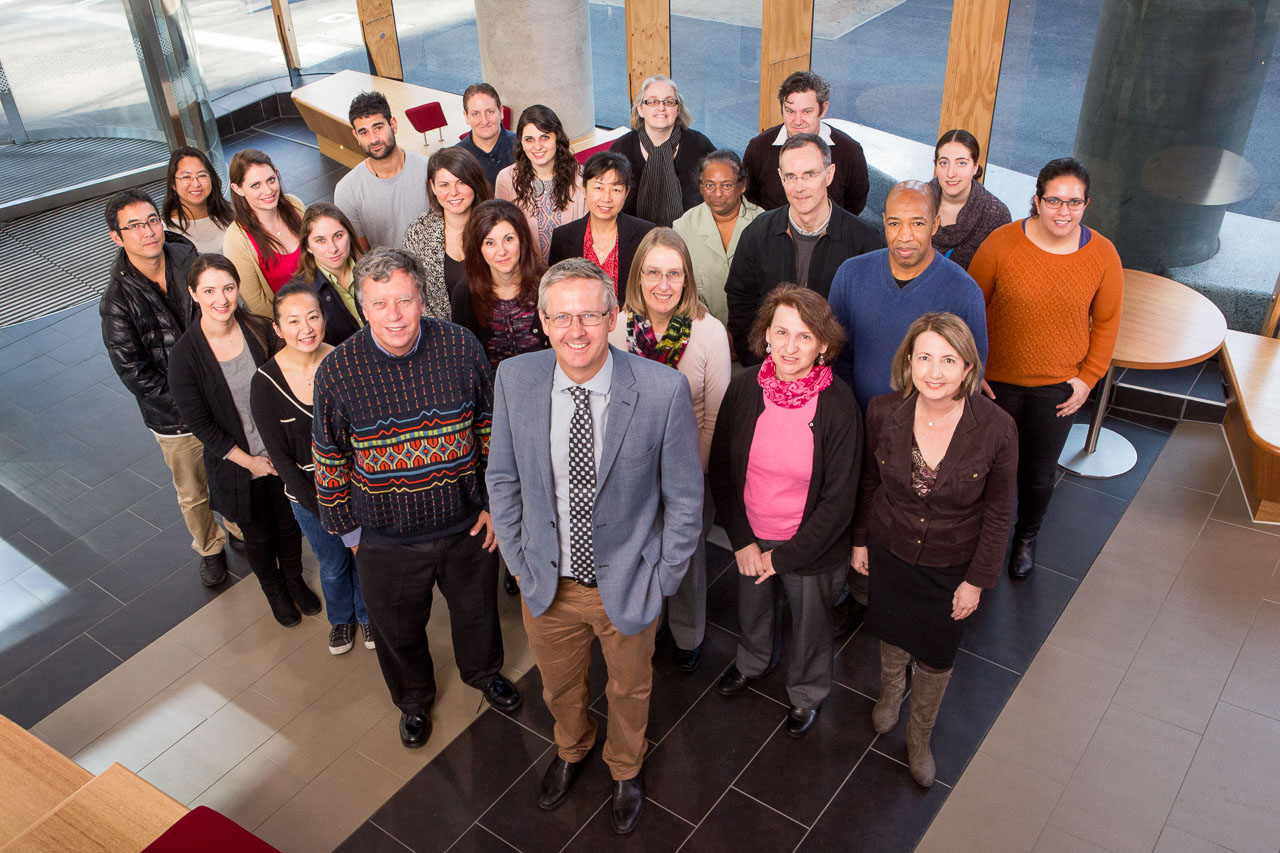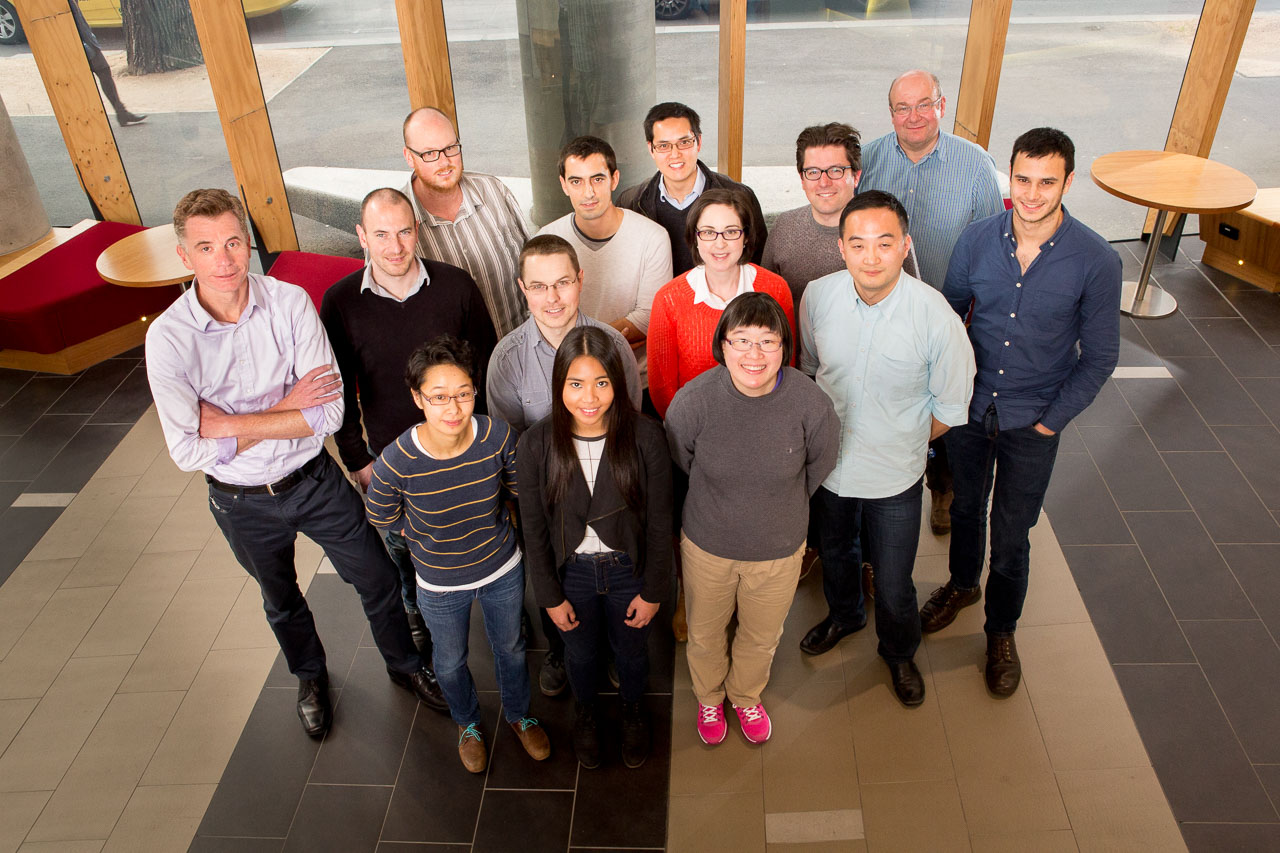Romain Guerillot is a molecular microbiologist and data scientist specialised in bacterial functional genomics. Following his PhD graduation in 2014 at the Pasteur Institute of Paris he joined the research teams of Prof. Ben Howden and Prof. Tim Stinear. Using large scale data analysis, Romain combines innovative computational and experimental approaches to understand and fight antibiotic resistant bacterial pathogens. He is currently working on multiple research projects focusing on understanding how Staphylococcus aureus, a bacteria colonising ~20% of humans, can cause deadly infections.
-
Key Achievements
-
Romain graduated from a Master’s Degree with Distinction in Cellular and Molecular Biology at the Pierre et Marie Curie University in Paris. In 2013, he completed a PhD with honours on mobile genetic elements of Streptococcus agalactiae under the supervision of Philippe Glaser within the laboratory ‘Biology of Gram-Positive Pathogens of the Institut Pasteur in Paris. His PhD led to the characterisation of new families of mobile genetic elements widespread amongst gram positive bacteria, and to the development of new genetic tools to manipulate streptococci. Romain is co-author of a book chapter and his PhD work has been published in peer reviewed scientific journals and presented in several international and national conferences.
Publications
Research Groups
-
Howden Group
Research from Professor Ben Howden’s group research uses genomics, molecular biology, epidemiology and clinical studies to address a broad range of issues related to invasive bacterial diseases in humans, especially those caused by staphylococci, enterococci and other antimicrobial-resistant species. Additionally, working closely with scientists in the MDU PHL, they investigate the epidemiology, evolution, and spread of bacterial pathogens of public health significance such as Neisseria gonorrhoea, Listeria monocytogenes, Shigella and Salmonella spp., Legionella spp., and carbapenemase-producing gram-negative bacteria.
Lab Team

-
Director Of Microbiological Diagnostic Unit (MDU) Public Health Laboratory
-
Clinical Microbiologist & Infectious Diseases Physician
-
-
Computational Microbiologist, Bioinformatician
-
-
-
Dr Anders Gonçalves da Silva
-
-
-
-
-
-
-
-
Dr Andre Mu
Research Officer
-
Robyn Lee
Research Fellow
-
Stinear Group
Tim Stinear’s group’s research addresses priorities across four connected themes that including hospital superbugs, pathogenic mycobacteria, natural product discovery and public health genomics that aim to understand and contain the spread of bacteria causing serious human disease.
Lab Team

-
Laboratory Head and Director of the WHO Collaborating Centre for Mycobacterium ulcerans
-
-
-
Jessica Porter
Research Assistant
-
Kirstie Mangas
PhD Student
-
Andrew Buultjens
PhD Student
-
Andre Mu
Research Officer
Full University of Melbourne profile





